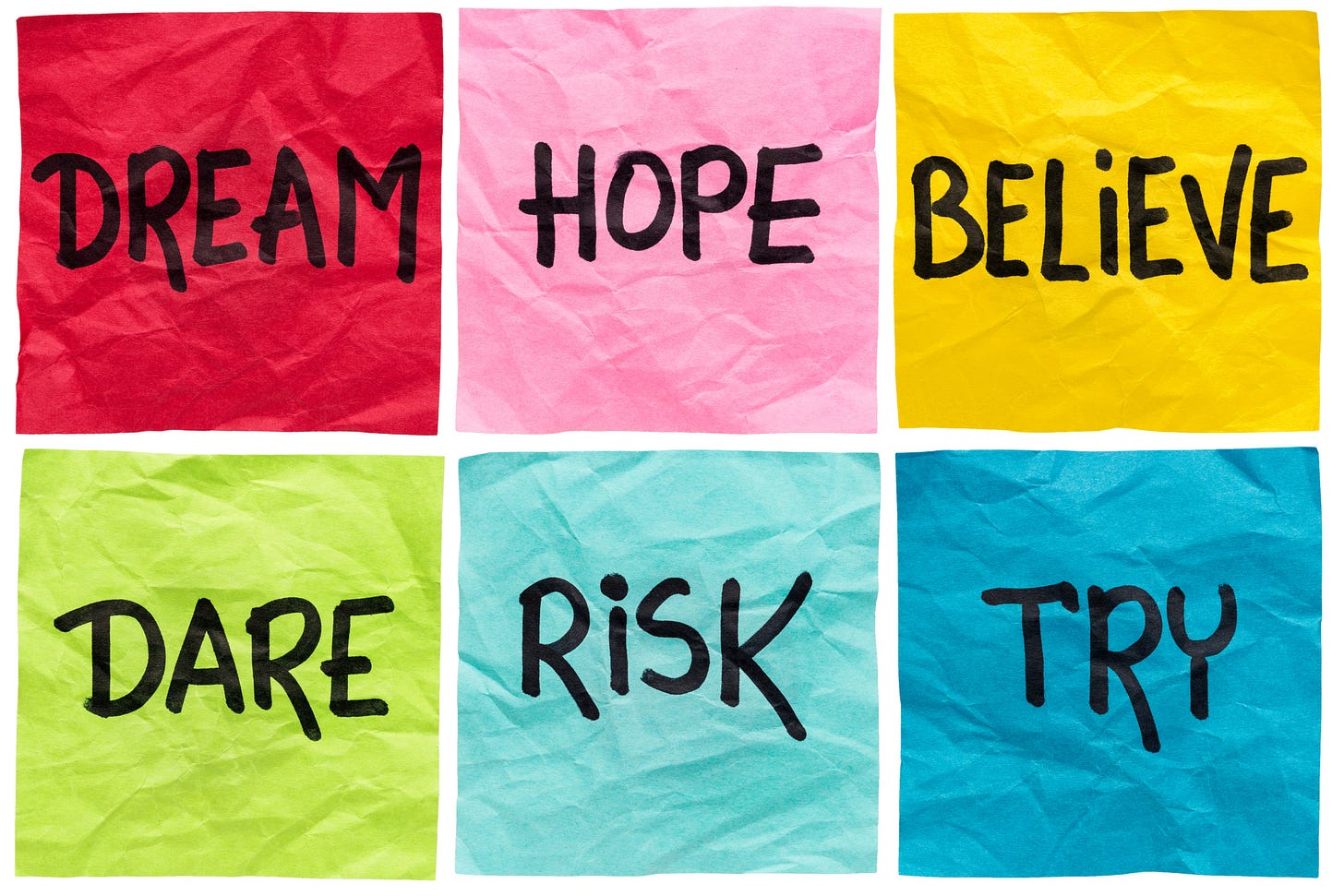If you are an artist, you probably experienced moments where you thought you were not good enough. A certainty that your art is not worth it, and that you will be singled out as a fraud. Sometimes this feeling is so powerful that it causes us to abandon doing what we love. This is known as "Impostor Syndrome." It is prevalent in all sorts of professional fields.
According to the Canadian Medical Association, impostor syndrome is a psychological pattern of fear and self-doubt. It interferes with people's belief in their accomplishments. It burdens them with the persistent, internalized fear of being exposed as a fraud despite evidence of their abilities (Imposter Syndrome | CMA)
The term "Impostor Syndrome" was coined by American psychologists Pauline Clance and Suzanne Imes in 1978. (Impostor syndrome - Wikipedia)
Some of the symptoms of impostor syndrome are:
Crediting luck or other reasons for any success
Fear of being seen as a fraud or a failure
Feeling that overworking is the only way to meet expectations
Feeling unworthy of attention or affection
Downplaying accomplishments
Holding back from reaching attainable goals
Self-sabotaging before making new attempts
Dependence on external validation
Fears of not living up to expectations of yourself and others
Depression, anxiety, distress, guilt, and shame
Impostor syndrome can affect your personal life in various ways:
It can make you doubt your worthiness of love, respect, or admiration from others.
It can prevent you from pursuing new opportunities, challenges, or hobbies that could enrich your life and career.
It can make you avoid situations or interactions where you fear being judged or exposed as a fraud.
It can make you overwork or overcompensate to prove yourself to others.
It can make you sabotage your own achievements by rejecting compliments, downplaying your contributions, or creating conflicts.
I tick several, if not all, of those above. I give up easily if I'm not consciously analyzing my feelings as an artist. I particularly suffer from believing that luck is why I end up with good work. I also downplay my accomplishments.
When I search the Internet for inspiration or browse my Instagram, I often get depressed, thinking I will never create something as good as what I see there. And that is why I should stop trying since millions of better artists are out there.
Over time, and with some reading, I concluded that the fact that there are better artists doesn't mean I'm not good. And that this should not be a reason for me to stop, discard work, or not share it. It doesn't help that most people think this syndrome is not real, a sign of weakness, or an excuse to hide behind. But there is hope.
Recognition is the first step towards overcoming it.
I needed a method to avoid getting trapped in negative thoughts. The first one is to accept that everyone has their own voice, which doesn't mean we are less than others. I then started to identify these thoughts and immediately block them. When looking at other artists' work, I often force myself to convert the negative emotion into an opportunity to analyze and learn from their art. I focus on envisioning how I would use it as inspiration for my next work.
I also work on breaking the pattern that prevents me from sharing my work. I simply think, "I don't care what others might say." Although I use more colourful language. This only works some of the time, though. It's a work in progress...
Joining a photo club helped me a lot. I started receiving helpful feedback from people I barely knew and with expertise in the art form. Before that, I would share my photos with family and constantly get praise. But I always knew that is what family and close friends would say.
Some of the ways to cope with Impostor Syndrome are:
Separate feelings from facts. Recognize that your feelings of inadequacy are not the same as your actual abilities and achievements.
Take note of your accomplishments. Keep a record of your successes and positive feedback that you can refer to when you feel doubtful.
Stop comparing. Focus on measuring your own achievements instead of holding them up against others.
Talk to others. Share your feelings with someone you trust, such as a friend, mentor, or therapist. They can help you challenge your negative thoughts and provide support and encouragement.
We should identify those negative feelings when they show up and learn how to divert or avoid them using some of the coping mechanisms. Talk to others, and reach out to your local artist's community. In this case, I found having face-to-face interaction works better than online.
Make a plan of how you are going to cope with this syndrome. Write it down on paper and keep it handy when needed. Try accepting that, as an artist, we are in the stage of development that we have to be. And remember, this is a journey where we never stop learning and improving.
Impostor Syndrome is not just a label. It has a profound impact on the lives of artists. It can be debilitating and contribute to depression. I know this first hand. It's important to know that it cannot be cured by simply changing our behaviours. It requires acknowledging one's accomplishments, seeking external validation, challenging negative self-talk, and seeking professional help if needed.
FYI, the author of this painting is Kazimir Malevich, a Russian avant-garde artist. The picture title is "Suprematist Composition: White on White." It was created in 1918. It is a geometric abstraction representing a white square floating in a white field without reference to external reality.
Malevich wanted to create a sense of floating and transcendence with this painting, which he considered an expression of pure feeling and perception. (Kazimir Malevich. Suprematist Composition: White on White. 1918 | MoMA)
Kazimir Malevich. Suprematist Composition: White on White. 1918 | MoMA
This paint is exposed in the Museum Of Modern Art in New York.
Did the artist suffer from impostor syndrome? What do you think? :-)






